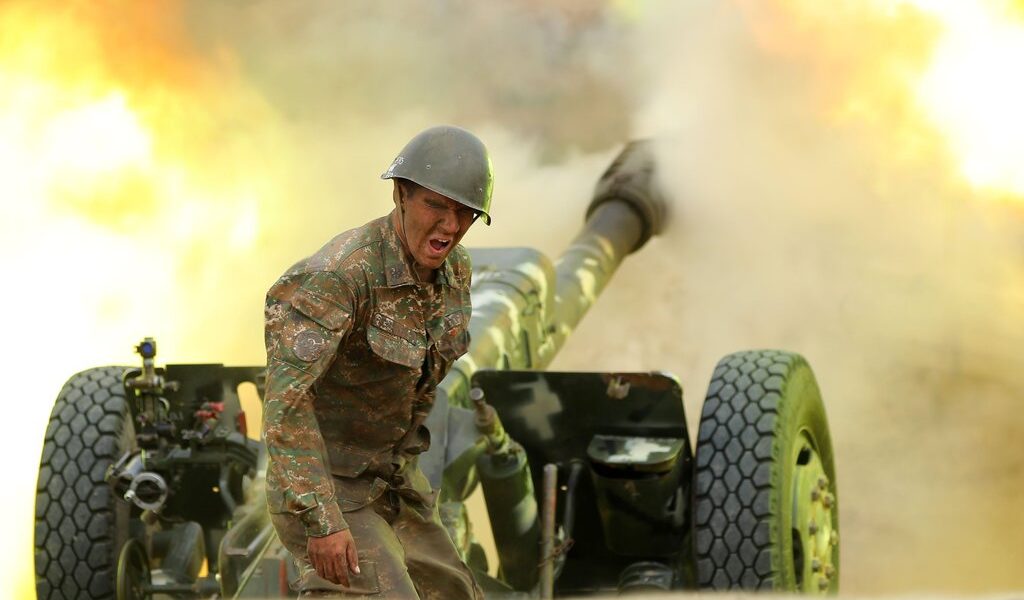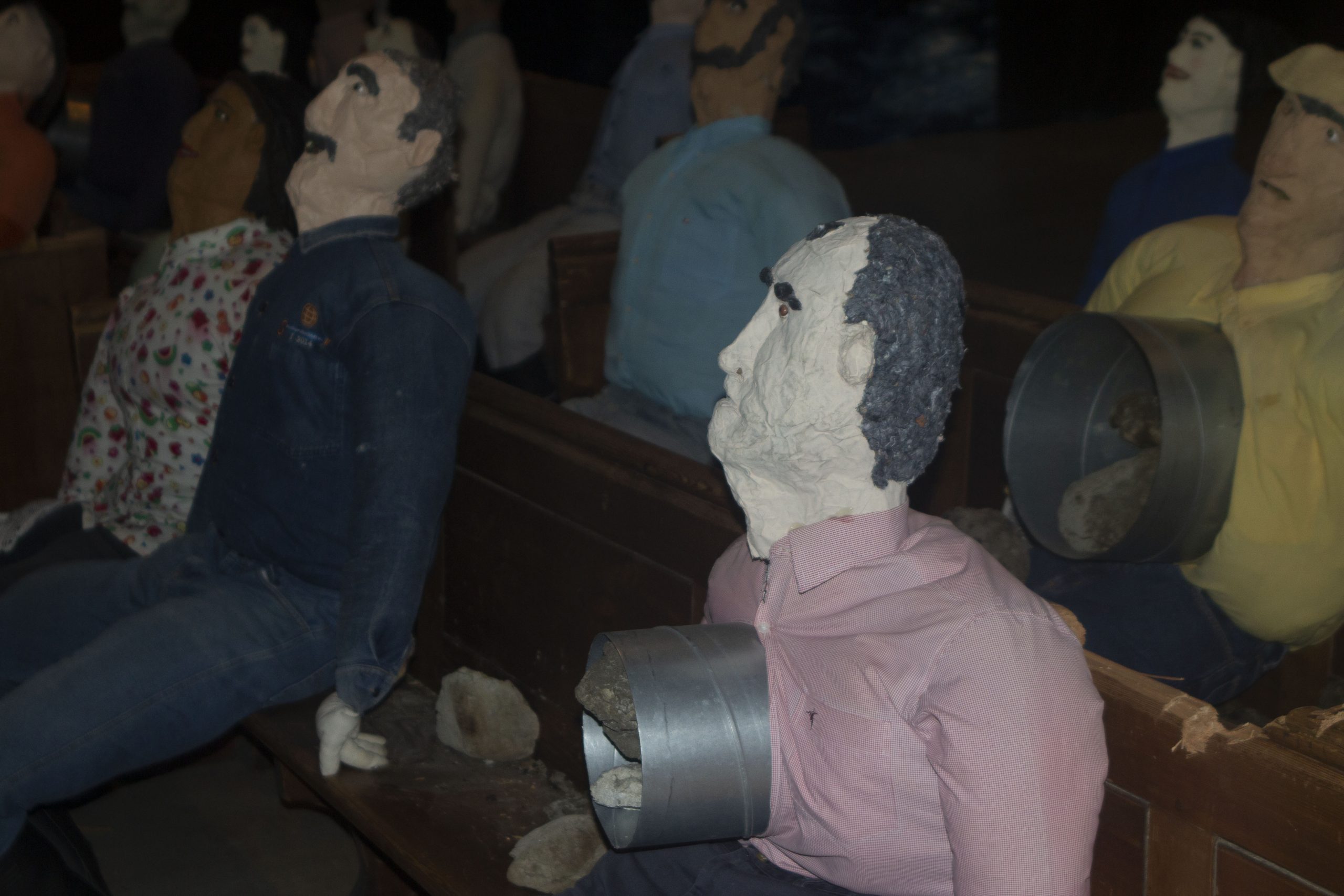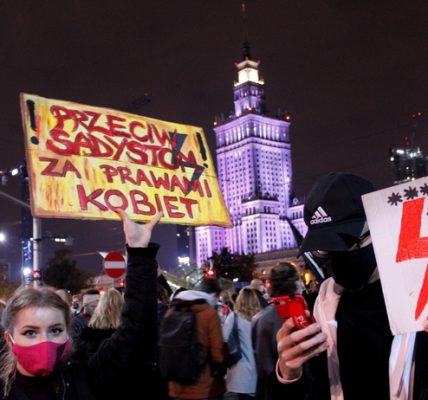Through the looking glass – the Nagorno-Karabakh conflict and what it means
Countries going to war to seek out peace is quite a paradox, but in the tug-of-war battle for Nagorno-Karabakh, Armenia and Azerbaijan have yet to see the finale of this long and destructive batte.
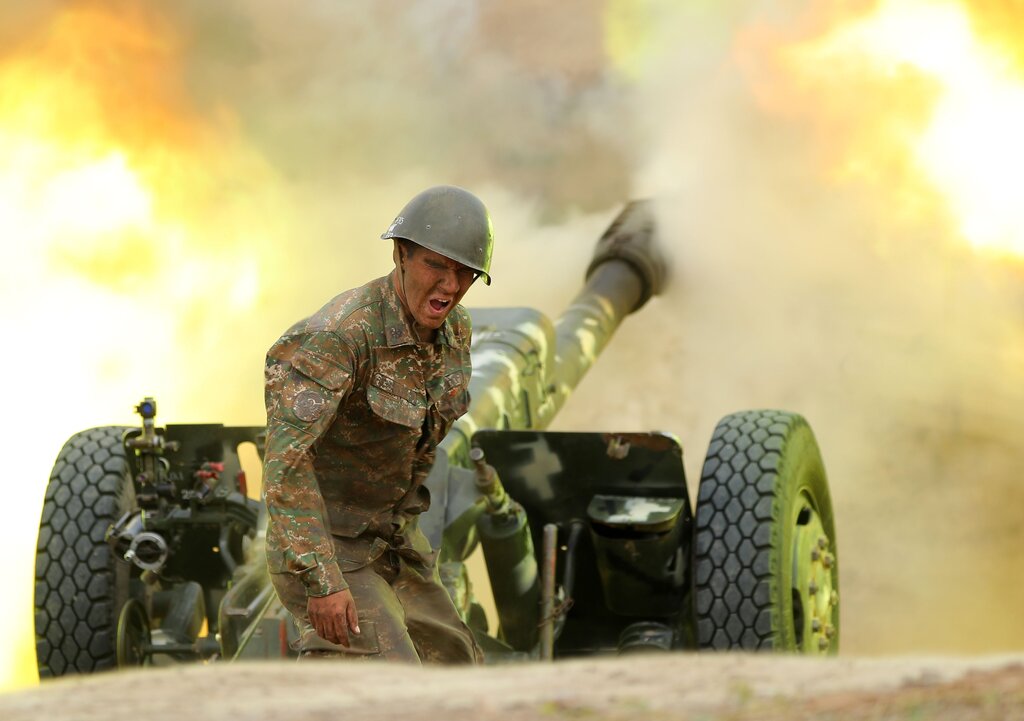
Since the flare-up of the conflict between the neighbouring countries began on the morning of the 27th of September, dozens of civilians have been killed in the crossfires and hundreds of soldiers died fighting. Half of Nagorno-Karabakh’s population has been displaced. A ceasefire brokered by Russia came into effect on the 10th of October, and has been violated.
Breaking the conflict down to its simplest terms – Nagorno-Karabakh is internationally recognised as a part of Azerbaijan who want to reclaim a region that is legally theirs. However, Nagorno-Karabakh became a self-proclaimed republic, changing its name to the Republic of Artsakh in 2017. Today, no UN states gave it official recognition and the only countries that recognise their independence are other self-declared countries such as Abkhazia, South Ossetia, and Transnistria.
“Where do I start? It just seems like life has stopped and nothing else matters at the moment,” Tatevik Sayadyan explained from her home in Yerevan. The situation in Yerevan, Armenia’s capital, “is tense – you can feel it in the air”.
The current conflict is different to the previous engagements, because on top of counting more deaths since the ceasefire in 1994, Turkey is actively and openly involved in supporting Azerbaijan with weapons and drones. It is also known that both sides have been using Russian provided weaponry, but the Moscow government has yet to officially decide which side it is on.
Tatevik Sayadyan said that Turkey’s help is common knowledge. “I wish it would just stop all together. I wish there wouldn’t be any need for anyone to sell or buy any weapons but it’s also a huge business as I understand. And as I understand business matters more than human lives.”
The 2020 conflict is only the most recent clash in a long history of battles. With both Armenia and Azerbaijan already occupied by the Soviets, Nagorno-Karabakh was added to Soviet Azerbaijan in 1921. However, the real conflicts began in 1988 when the National Assembly of the Republic of Artsakh held a vote to unite Artsakh with Armenia.
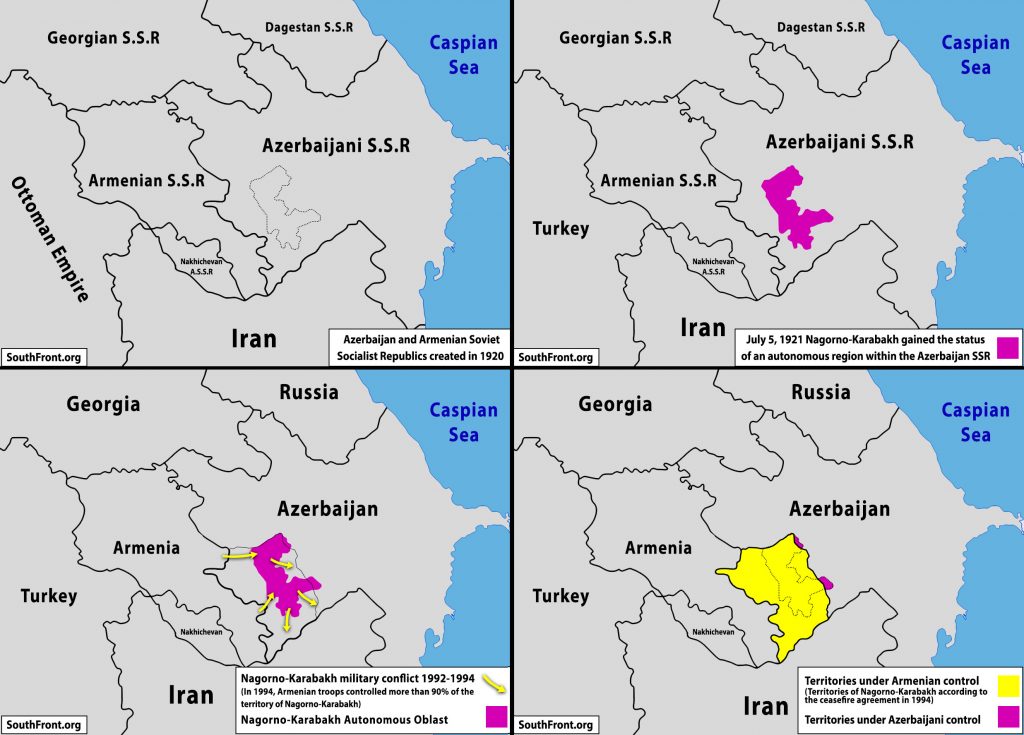
After the decision by the internationally unrecognised parliament of the Republic of Artsakh voted to unite with Armenia, the conflict sparked and became increasingly violent over the years.
In 1991 both Armenia and Azerbaijan gained their independence from the Soviet Union. Shortly after, Nagorno-Karabakh Republic, as it was called then, declared independence.
A ceasefire brokered by Russia was signed in 1994, but negotiations between the countries did not result in a peace treaty. This has left Nagorno-Karabakh in a state of legal limbo – self-proclaiming as an independent republic, yet internationally unrecognised.
Because of this Tatevik Sayadyan says that in order for lasting peace to be attained Nagorno-Karabakh, or Arsakh, must gain recognition as an independent country – if this is not done, this conflict will keep repeating itself.
When asked how Sayadayan sees this conflict resolving itself she replied: “only with the victory of Armenia and only with our right to live on our native soil without anyone – any country, threatening or killing us, there is no other way.”
However, this story sounds very different from an Azerbaijani point of view. Narmin Babayeva, an Azerbaijani now living abroad, explains that Nagorno-Karabakh, internationally recognised as part of the Republic of Azerbaijan, was occupied by Armenia in 1988-1993. Azerbaijan is seeking to get back the areas that were occupied.
Armenian forces currently control approximately 9% of Azerbaijan’s territory outside Nagorno-Karabakh. “This conflict can be resolved only after Armenian occupational forces withdraw from Azerbaijani occupied territories. It could be done peacefully, but during 27 years no peace negotiations ended with it,” Narmin Babayeva states.
The final page to this conflict is uncertain, but the people living and experiencing this war can only pray for a peaceful ending. “No one is going to come to our rescue and we are on our own,” Tatevik Sayadyan said. Though spirits are high and people are staying strong, people cannot help but wonder what is going to happen next.

